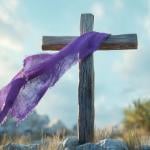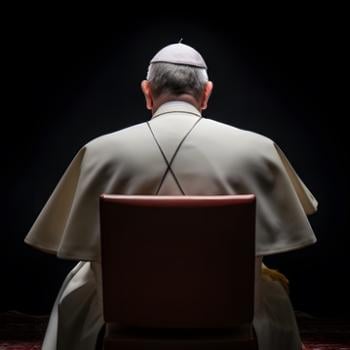
This week starts the “March Madness” tournament, also known as the NCAA Men’s Basketball Championship. This is the most exciting college tournament every year. Expect some big upsets, especially in the first round, which is notorious for upsets.
Breaking Down the Brackets
While most teams’ tickets were “punched” in the Divisional Championships, the NCAA Selection Committee had some decisions to make regarding teams considered “on the bubble.” On Selection Sunday, the committee selected the remaining teams and determined the schedule. The tournament format pits the highest seeds against the lowest seeds, e.g., #1 vs. #16, #2 vs. #15, etc.
Eight teams are participating in the play-in games called the “First Four” of the tournament. All play-in final games will be played at the University of Dayton on March 18 and 19, with the winners going into the tournament. Here is the First Four Schedule:
Tuesday, March 18th
- Alabama State vs. St. Francis 6:40 PM EDT
- North Carolina vs. San Diego State 9:10 PM EDT
Wednesday, March 19th
- American University vs. Mount St. Mary’s 6:40 PM EDT
- Texas vs. Xavier 9:10 PM EDT
The 2025 Tournament
Auburn is the favorite going into the tournament. The number 1 seeds in each region:
- South Region – Auburn
- East Region – Duke
- Central Region – Houston
- West Region – Florida
One of the traditional aspects of March Madness is choosing your own brackets. Every year, millions of college basketball fans choose the winners of all the games, including the championship game. In most cases, this is done for fun, although online betting and sponsored contests can be lucrative for the winners. As always, if gambling is an issue or becomes an issue, please get the help you need before it gets out of hand.
First-round upsets can kill millions of brackets starting the very first day. With 64 teams in the tournament, predicting every winner is almost logistically impossible. The odds of choosing every winner is 1 in 9.2 quintillion (that’s one followed by 18 zeroes). You have a better chance of winning the lottery multiple times than selecting every winner in the tournament.
March Madness Controversy
There are always controversies related to the tournament, and there are always schools that feel “snubbed” by the Selection Committee. This year is no exception as West Virginia feels they had much better performance than schools that were included, and they may be right. The Select Committee evaluates the bubble teams based on “strength of schedule,” meaning who played well against the premier teams in the league. This is done by defining “Quads” – a quadrant system that evaluates the quality of a team’s wins and losses:
- Quad 1: The highest-quality games. These include home games against teams ranked 1–30 in the NET, neutral-site games against teams ranked 1–50, and away games against teams ranked 1–75.
- Quad 2: Home games against teams ranked 31–75, neutral-site games against teams ranked 51–100, and away games against teams ranked 76–135.
- Quad 3: Home games against teams ranked 76–160, neutral-site games against teams ranked 101–200, and away games against teams ranked 136–240.
- Quad 4: The lowest-quality games. These include home games against teams ranked 161–353, neutral-site games against teams ranked 201–353, and away games against teams ranked 241–353.
West Virginia had a better record than North Carolina based on the “quad” system. However, the head of the Selection Committee, Bubba Cunningham, is the athletic director for North Carolina, which only added to West Virginia’s frustration. Cunningham left the room when the final selections were made. There is no evidence of influence. The Governor of West Virginia, Patrick Morrisey, has asked his Attorney General to investigate possible corruption and/or unfair practices in the selection process.
Faith and the NCAA Tournament
Faith plays a large part in the NCAA tournament, often inspiring individual athletes and teams. While faith drives many athletes to pursue excellence, some athletes balance their talents playing basketball with religious missions serving God. Two examples from Brigham Young University (BYU), Jimmer Fredette (2007-2011) and Shawn Bradley (1990-1991), adhered to their faith by observing the University’s “No Sunday” policy, meaning they do not compete on Sundays! BYU, owned by the Church of Jesus Christ of Latter-Day Saints, presents a scheduling challenge in college tournaments due to the “No Sunday” policy. In fact, BYU accepted a lower seed in 2024 to accommodate the policy:
“BYU has an agreement with the NCAA that is referred to as the “Sunday rule”, or sometimes the “BYU rule.” This restriction means that no athletic teams from the university will compete on Sunday.”
Catholic Universities are regular participants in March Madness. A big shout out to my team in the tournament, the St. John Red Storm!
Please let me know your thoughts on the article in the comments section.
Peace

















